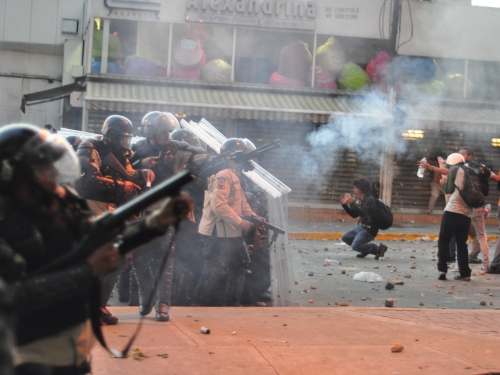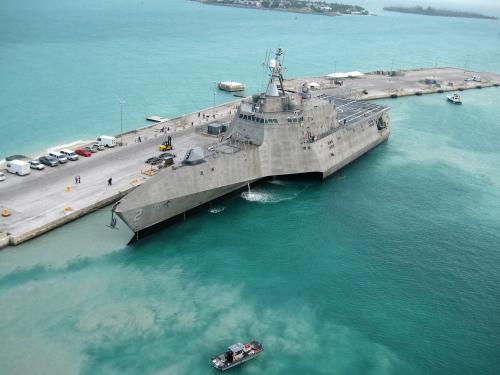
This article was originally published by Southern Pulse on 22 January 2015.
On 14 January 2014, Venezuelan President Nicolas Maduro promised the Petrocaribe alliance would continue and its twenty member countries would further consolidate into a “great economic zone.” President Maduro’s guarantee comes at a precarious time for his country, as a rapid and unexpected slump in global oil prices, coupled with persistent economic stagnation in Venezuela, have undercut his administration’s ability to maintain its social programs and address the country’s financial imbalances.




